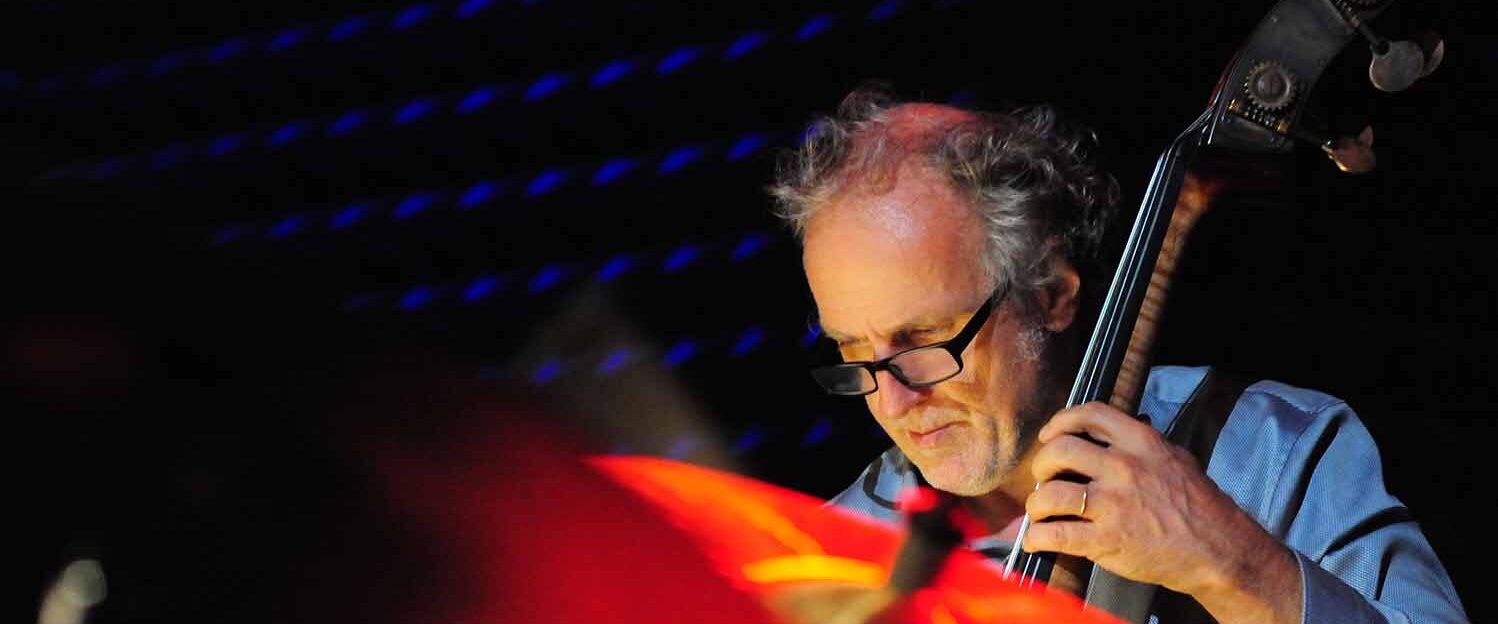
 There are moments in history when the world stumbles, when certainties collapse and when fear, or anger, starts to fill the silence left by reason. In such times, something profound often stirs beneath the surface. In France, the year 1968 remains a symbol of such a reckoning. It was an era of upheaval, of barricades and broken illusions, but also a moment of artistic revelation. Figures like Yves Montand, Léo Ferré, and Juliette Gréco emerged with renewed force, their voices carrying both beauty and rebellion. Jazz, long a nocturnal heartbeat of Paris, began to stretch, shift, and mutate, responding to the moment, absorbing the chaos, reflecting the hope. The rules of yesterday no longer applied. And in truth, they never really had.
There are moments in history when the world stumbles, when certainties collapse and when fear, or anger, starts to fill the silence left by reason. In such times, something profound often stirs beneath the surface. In France, the year 1968 remains a symbol of such a reckoning. It was an era of upheaval, of barricades and broken illusions, but also a moment of artistic revelation. Figures like Yves Montand, Léo Ferré, and Juliette Gréco emerged with renewed force, their voices carrying both beauty and rebellion. Jazz, long a nocturnal heartbeat of Paris, began to stretch, shift, and mutate, responding to the moment, absorbing the chaos, reflecting the hope. The rules of yesterday no longer applied. And in truth, they never really had.
History rarely pivots on a single date. 1968 is a marker, not a miracle. But when we fast forward to the present, to the volatile summer of 2025, it’s hard not to feel echoes of that same unrest. Extremist politicians are gaining power in too many corners of the globe. Their playbook is now familiar: undermine the press, attack education, vilify knowledge itself. Solutions are elusive or nonexistent, what they offer instead is a theater of chaos. And for some, that chaos is the point.
It was this backdrop of unease that began to weigh on my thoughts earlier this year. In truth, the seeds were planted much earlier, back in the long shadow of the Covid era. Across the globe, jazz musicians, like so many others, found themselves isolated, working remotely, reaching out across borders to build something new. That period of quiet gestation became, almost imperceptibly, a wave. By mid-2025, that wave had broken, and we now find ourselves awash in extraordinary new music, an astonishing outpouring of collaborative, deeply inspired jazz, among other forms.
Art has always thrived in adversity. In painting, in literature, in music, in dance and theater, those moments that wound us most deeply often give rise to the greatest expression. It is as if creativity needs a rupture, an emotional jolt, to shake it loose from comfort and complacency. I’ve felt that shift myself. Since 2021, I’ve found my writing slowly evolving, nudged forward by this rising tide of creative urgency that I saw unfolding around me. It was a long gestation, yes, but also a liberation: of thought, of voice, of vision.
There are those who argue that rebellion clouds judgment, that upheaval makes for poor counsel. But rebellion also ignites something essential. It forces us to reimagine, to question, to express. It has always been so. Jazz itself is a testament to that legacy, born of struggle, injustice, defiance, and beauty. Funk, too, emerged not just as rhythm but as resistance. And literature, painting, theater, they all carry the fingerprints of their era’s discontent. Art, at its most powerful, is an act of necessity. It is not a luxury, but a response. And often, it is the artist, not the politician, who makes society stop, think, and grow.
This, of course, is why authoritarian regimes around the world always begin their assault with attacks on education, on culture, on artists. They fear the mind that questions, the voice that sings a different truth, the canvas that paints an alternate vision. They fear what they cannot control. Which is exactly why we must protect it.
Art—whether born of a single voice or a collective chorus, is a gift. It is fragile. It is vital. And it belongs to us all. In these uncertain times, preserving it, honoring it, and fighting for it may be one of the most important things we can do.
Thierry De Clemensat
Editor in chief – Bayou Blue Radio/Bayou Blue News

